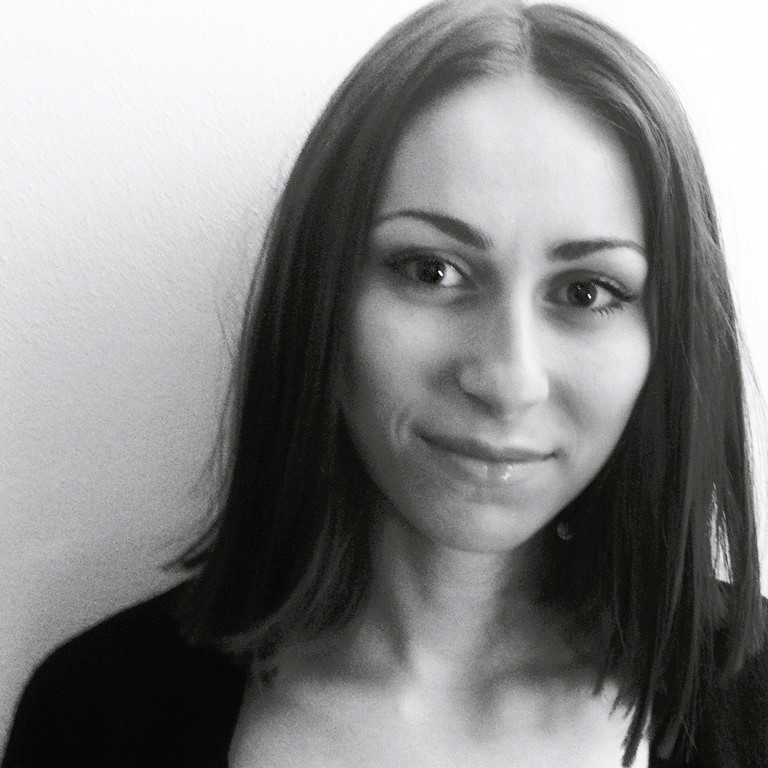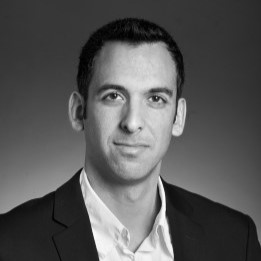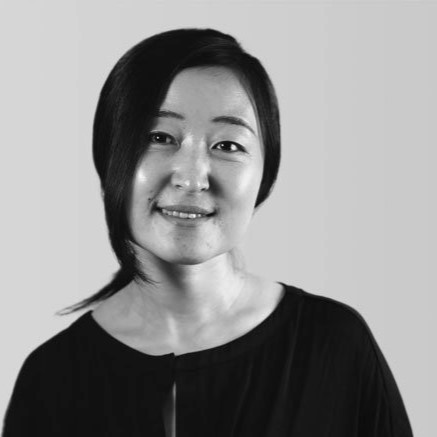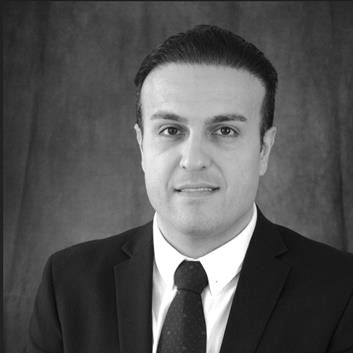Bridging Disciplines for a New Era in Physical AI
Workshop at ACM UIST 2024 in Pittsburgh on October 13, 2024.
Join us!
You can register for the only the workshop for $150. We are looking forward to a lively discussion from many perspecives.
Abstract
Physical AI is extending models from the digital world into performing tasks in the real world. Robots and autonomous cars are common examples of physical AI agents. In this workshop, we aim to go beyond containing physical AI in those agents and ask what if all objects and materials we interact with were intelligent?
We aim to form an understanding of the opportunities and challenges of extending agents to include objects and materials that can adapt to users needs, i.e., change shape, firmness, color, tactile properties, etc. This broad vision, which is challenging to achieve, is related to many active research areas, e.g., programmable matter, modular robotics, soft robotics, smart materials, shape-changing interfaces, or radical atoms, and has homes in many disciplines, incl. mechanical engineering, robotics, material science, computer science. Many new approaches are being developed in the individual disciplines that together might be the start of a new era for what we like to call extended physical AI. In this workshop, we bring perspectives from these different disciplines together to exchange new approaches to longstanding challenges (e.g., actuation, computational design, fabrication, control), exchange tacit knowledge, discuss visions for future applications, map the new grand challenges, and inspire the next generation of physical AI research.
Workshop organizers

Sara Kiesler Assistant Professor
HCII, Carnegie Mellon University
Her Interactive Structures Lab investigates computational design of new material-changing iterfaces, i.e., physical materials that become the user interfaces needed in the current context.

Clarence H. Adamson Professor
MechE, Carnegie Mellon University
His Soft Machines Lab's mission is to discover materials, hardware architectures, and fabrication methods that allow robots and machines to behave like soft biological organisms and be safe for humans.

Assistant Professor
MechE, UC Berkeley
Her Morphing Matter Lab’s research explores the positive impact of active and morphing materials on sustainable design across different scales and contexts. They focus on discovering, computing and fabricating morphing materials.

Associate Professor
CEE, University of Pittsburgh
He leads the ISMART Lab and develops integrative approaches for the exploration, design, fabrication, and computational modeling of novel engineered material and structural systems across multiple scales.
Workshop program
Introductory Session
The workshop will kick off with an engaging introductory session. Organizers will deliver lightning talks, each lasting about 10 minutes, to share their perspectives on physical AI. Following this, workshop attendees will briefly present their work and perspectives for 2 minutes each, serving as introductions. Attendees are encouraged to bring samples of their work for a small demo session, allowing hands-on exploration of various projects.
Group Sessions
Participants will engage in four simultaneous group sessions, each lasting about 90 min with breaks between group sessions. Each group will be provided with materials to create one index card documenting each discussion point. We will try to secure assistants (e.g., students from CMU) to sketch the discussion point quickly during discussions for a visual representation. Participants will keep their cards for later clustering.
Group Session: Wild Applications
This session focuses on exploring and envisioning potential applications of physical AI. Participants will brainstorm what physical AI should be, how it would be helpful, and how people would want to use it, aiming to identify potential "killer apps."
Group Session: New Opportunities
In this session, participants will discover and discuss new opportunities from other disciplines. They will share exciting discoveries and developments from their fields, such as new actuators, fabrication technologies, materials, etc. The goal is to foster cross-pollination of ideas, build on others' insights, and explore how these new opportunities can be leveraged in different fields.
Group Session: Persistent Challenges
Participants will identify and map out persistent challenges across disciplines. They will discuss ongoing challenges in their fields and explore whether these challenges are also present in other fields or if solutions exist elsewhere. This exchange aims to uncover potential solutions and foster collaborative problem-solving.
Group Session: What If?
This session will consider potential risks and sustainability issues. Participants will brainstorm potential negative outcomes (e.g., "grey goo" scenarios) and discuss how to mitigate these risks. They will also explore how to make physical AI sustainable and ethical in the long term.
Synthesis Session
In the final session, all participants will come together to present and synthesize discussion items and results. Each participant will briefly describe one item (e.g., a new fabrication technique from their field) and lay down their card. Other participants with similar or related cards will place them next to each other. If no related cards are available, a new cluster can be started. This will visualize common themes across research areas and disciplines, revealing unique perspectives, and mapping challenges and opportunities. The workshop aims to spark new themes across disciplines and foster collaborations. Post-workshop, the goal is to write a position paper, possibly for submission to Nature Perspectives, summarizing the workshop's findings and future directions. We will invite any interested participants to contribute to the paper.